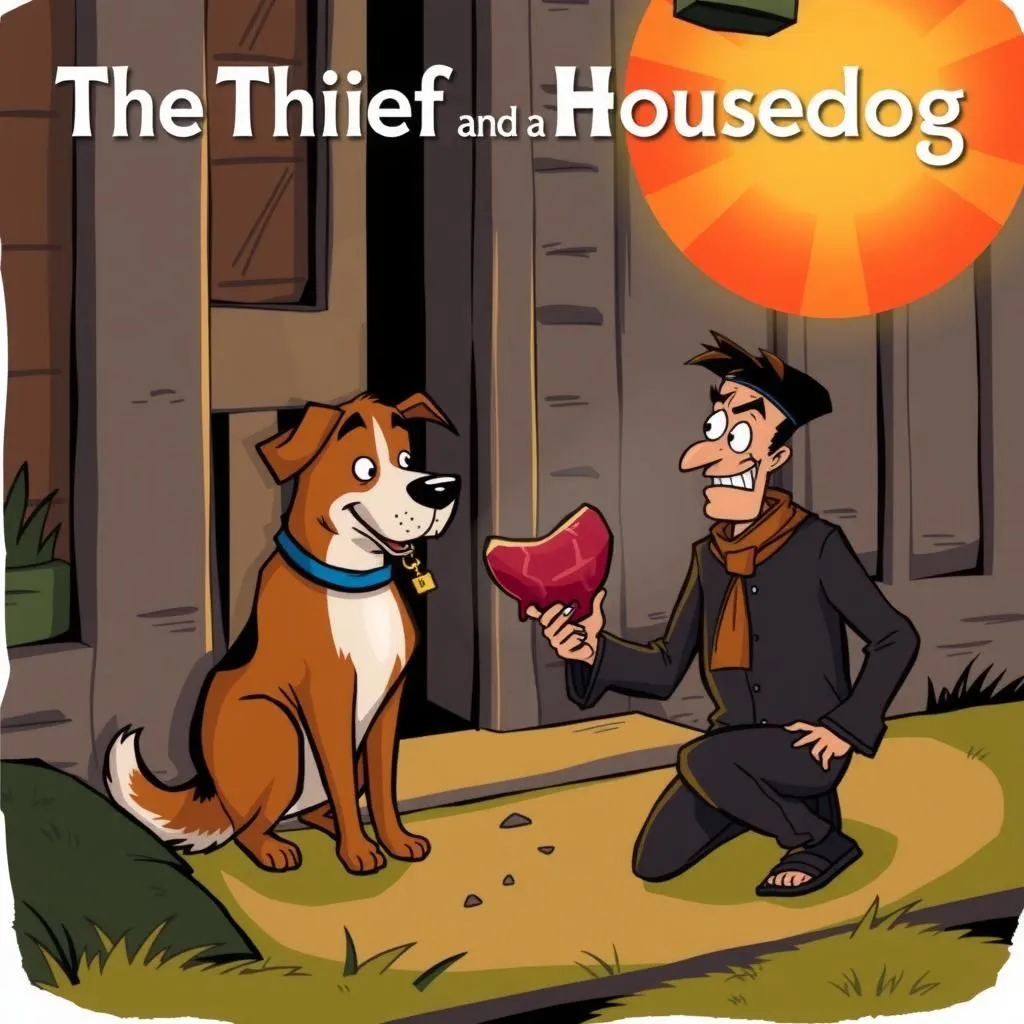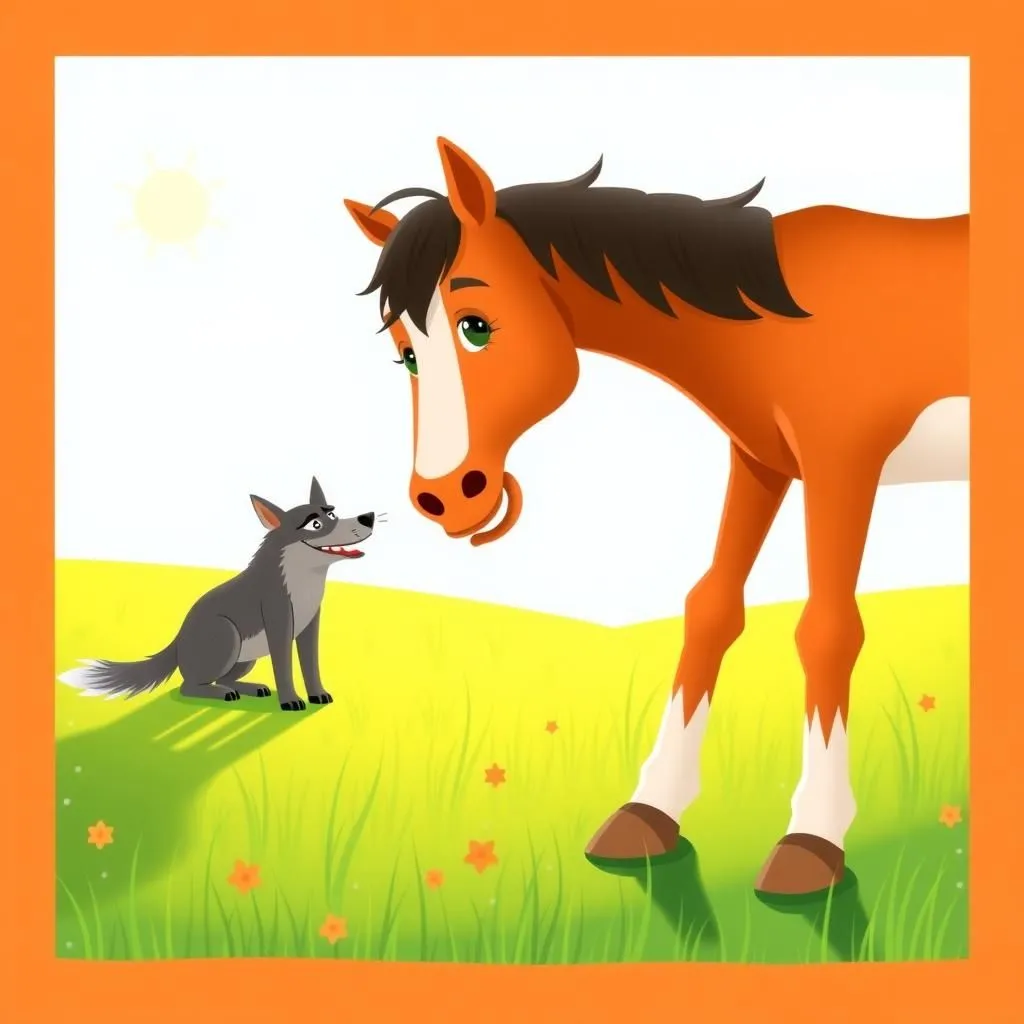
The Thief and the Housedog
In "The Thief and the Housedog," a cunning thief tries to bribe a dog with meat to silence it and prevent barking during his burglary. However, the vigilant dog sees through the thief's deceptive kindness and remains alert, understanding that such gestures may hide malicious intentions. This story serves as a creative moral tale about vigilance and the importance of being wary of seemingly generous offers, making it a culturally significant addition to motivational stories with moral lessons.


